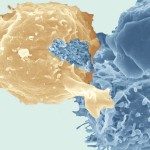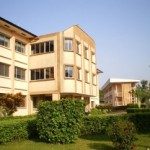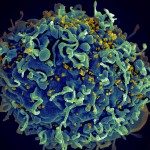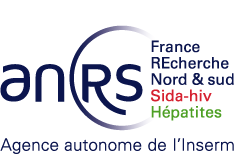About
The ANRS 12225-Pediacam study is coordinated by Mr. Tejiokem at the Center Pasteur in Cameroon. Since 2007, the project has included children exposed or infected with HIV-1 and a group of unexposed and uninfected children. Early initiation of antiretroviral therapy in infants infected with HIV in the first months of life drastically reduces mortality. With the wide distribution of antiretrovirals, the observation of children infected with HIV with negative serologies is a frequent phenomenon. HIV-negative subjects represent 26% of the children in the PEDIACAM study. This situation is a real challenge for clinicians and the mechanisms involved in its occurrence have not been elucidated. The earliness of treatment suppressing viral replication and resulting in absence of antigen to stimulate the immune system has been proposed, as well as the genetic determinants of better control of viral replication by the immune system. Finally, a general defect in the humoral response is possible, as it is common in children exposed to HIV-1 whether or not they are infected.
The ANRS12414 Pediacam-Neg study is a physiological project coordinated with the ANRS 12225 – Pediacam III cohort. It will comprise two phases. A case-control study (retrospective phase) in which the cases will consist of children infected with HIV and who had at least one HIV negative serology during their medical follow-up. In parallel, four control groups of children will be evaluated: children who have always had a positive serology during follow-up with good virological control, with poor virological control, uninfected children born to HIV positive mothers, children born to HIV negative mothers. HIV. Cases and controls will be stratified by gestational age (<37 and ≥37 weeks) and year of birth (2007-2008 and 2009-2010). For all children included in this phase, the analyzes will relate to the data measured in the plasma samples from the biobank constituted during the primary infection phase before the initiation of HAART, at 6 months and 2 years. A cross-sectional study (prospective phase) will be offered to all children included and still being followed in the cohort, making it possible to constitute an ad-hoc library to explore the size of the viral reservoir, genetic parameters and immune characteristics. Today these children are between 8 and 12 years old, and it is very important to study them before entering adolescence.






